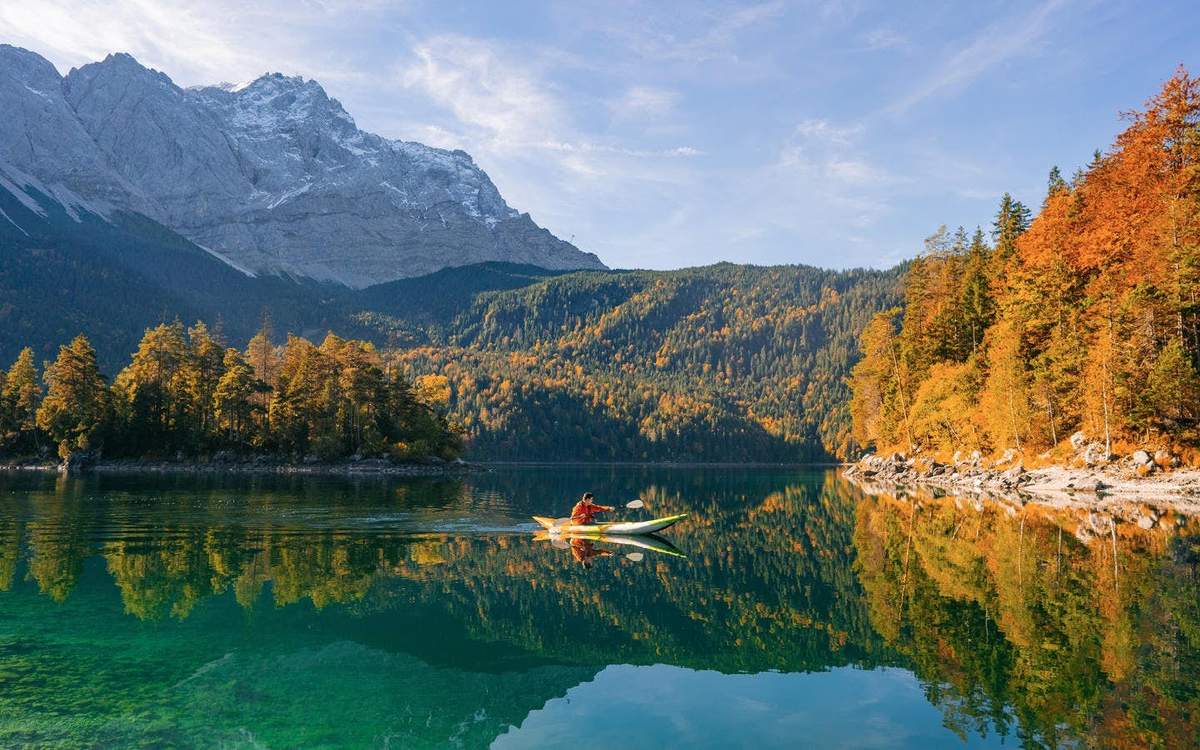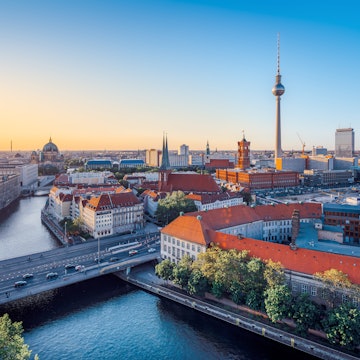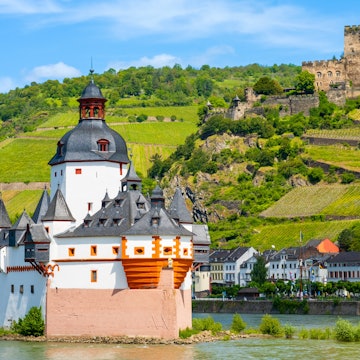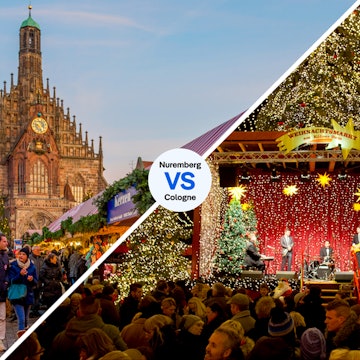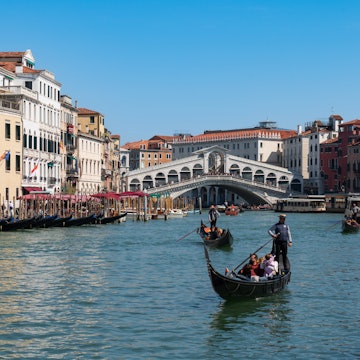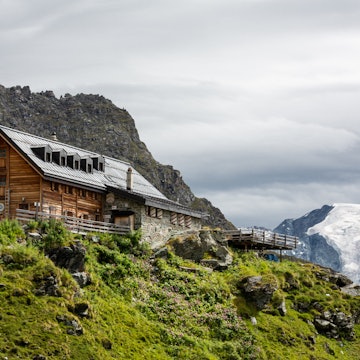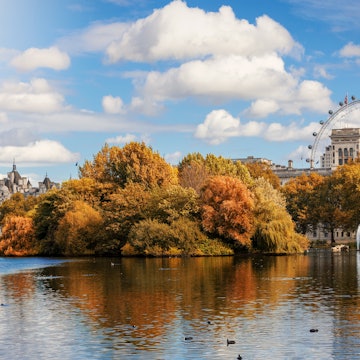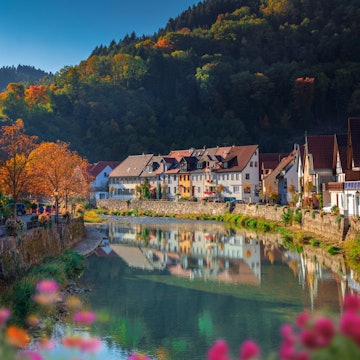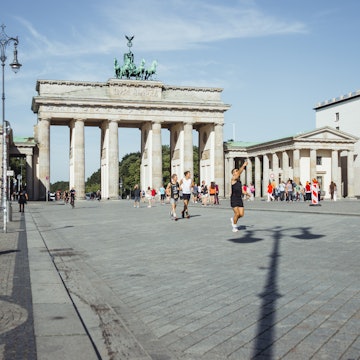

Our tips for visiting Munch cover safety, planning questions and etiquette, especially regarding restaurants . Barry Pack/EyeEm/Getty Images
Marvelous Munich is a city of tankards and tech, tradition and eccentricity, industrial might and refined art. It’s generally a safe place, and few travelers have problems during their time there. It’s also simply a terrific place to visit.
As you contemplate all there is to do in the city, prepare for your trip by reading up on these key things to know, which will make your trip to Munich go that much more smoothly.
Planning for your trip to Munich
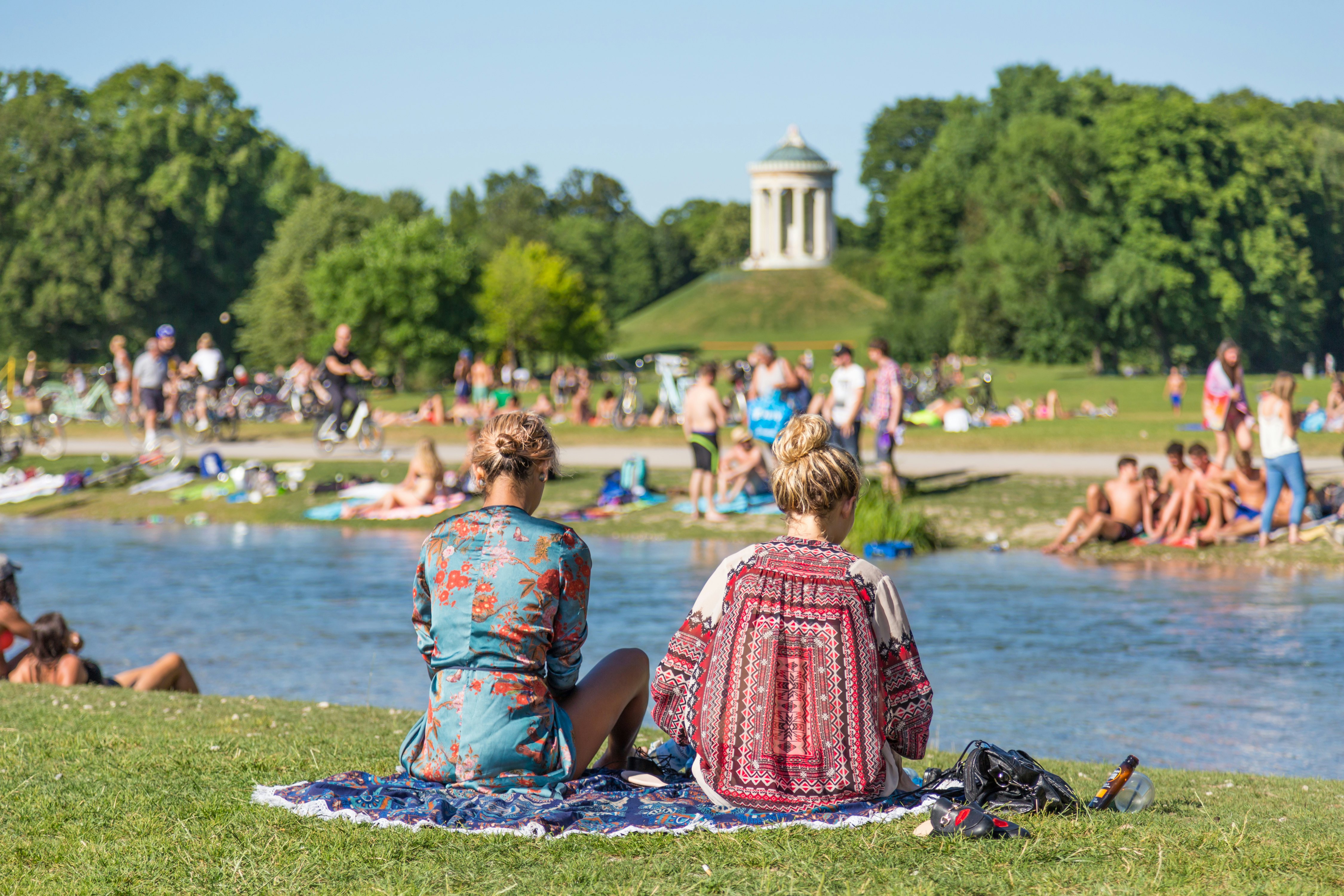
1. Pack clothes for all kinds of weather
Since the weather in Munich can change quickly, travelers should pack a range clothing and accessories. Hot summer afternoons can bring sudden downpours or thunderstorms, while crisp winter mornings often call for gloves and sunglasses. Check the forecast before you travel – then pack for all eventualities.
2. Make restaurant reservations ahead of your trip
If you want to eat at a particular restaurant during your trip, it’s worth booking a table before you set off on your travel. From local favorites such as Broeding to haute-cuisine heavies like Tantris and EssZimmer, popular restaurants fill up fast. This is especially the case on Friday and Saturday nights, when you may be turned away if you don’t have a reservation.

3. Be aware of store closing times, especially on Sunday
Germany has strict rules on business-operating hours, and most stores are closed on Sundays. (For locals, Sunday is a day for rest or for spending time with friends and family.) For basic groceries, you can head to gas stations and kiosks on Sundays, as well as supermarkets in major train stations and at the airport, all of which are excluded from this regulation. These places are also open later in the evening during the week, when other shops must close by 8pm. Some bakeries and museum gift shops are also open on Sunday.
The same rule applies on public holidays; if a holiday falls on a Saturday, stores will be closed all weekend. Make sure to plan accordingly.
4. Count on always carrying some cash
Although many places in Munich accept cards, and contactless payments are catching on, smaller stores, market stalls and local food shops such as bakeries and butchers still run on cash. Additionally, you may also encounter coin-only ticket machines on public transport. To avoid transport glitches or missing out on that irresistible baked good, it’s best to have some euros in your pocket at all times.
Etiquette in Munich
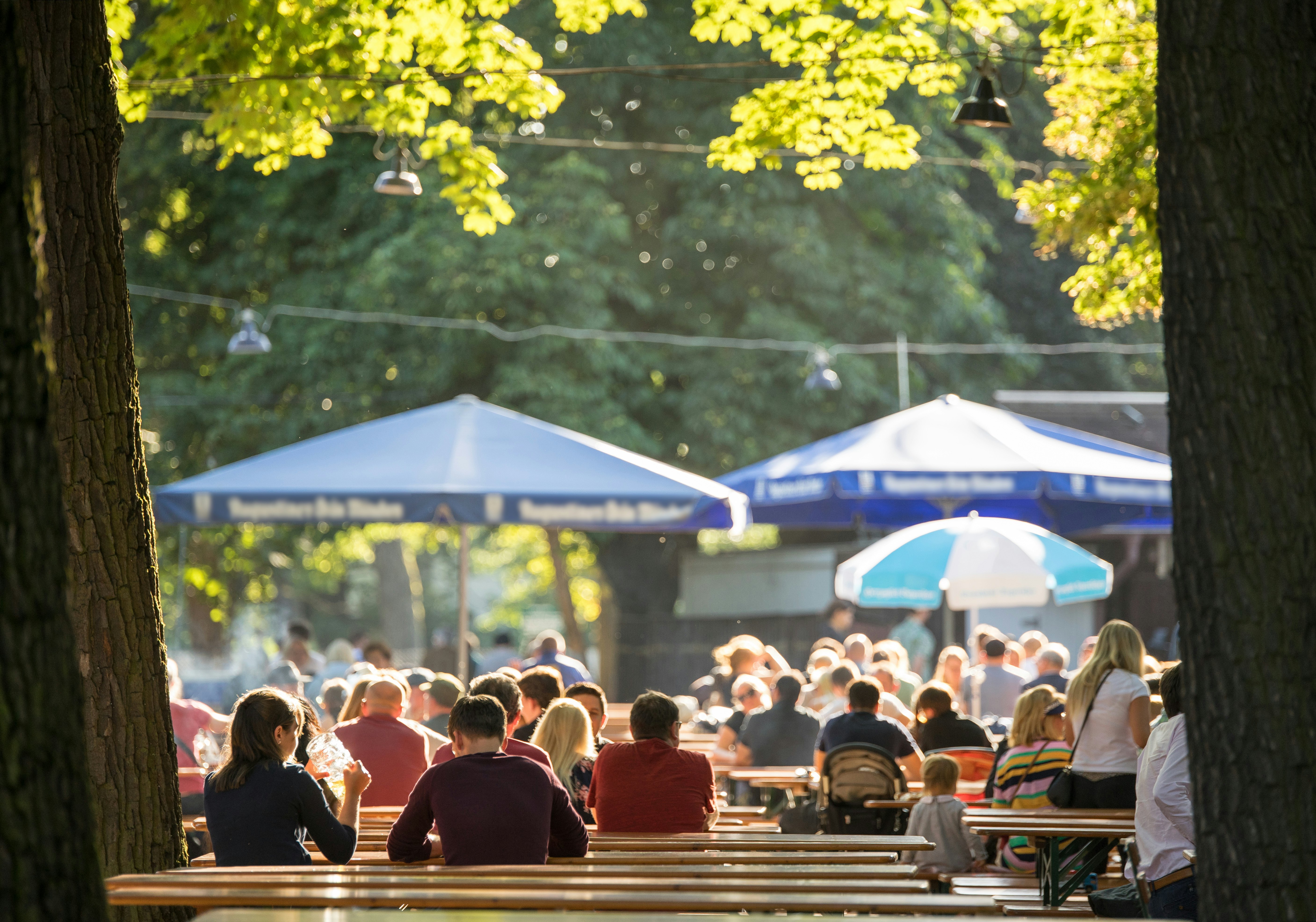
1. Acquaint yourself with a few local phrases
Munich is a thoroughly international city and you’ll find plenty of people can speak English. Still, some German phrases will help you get by in places that are less frequented by tourists.
Note that “Servus” and “Gruss Gott” – usually delivered with a distinctive southern German accent – are more common greetings than “Hallo” or “Guten Tag” in some areas of Bavaria.
2. Be prepared to announce your tip to your whole table
In bars and restaurants, a server will bring your bill to the table – and this is where you’ll settle up, tip and all. Before handing over your cash or card, you’ll need to work out the full amount you wish to pay (rounding up to include a tip of around 10%), before you announce this total to the waiter and anyone else in earshot. Tips are typically rolled into the bill; money left on the table after paying may not reach the staff.
3. There may be a mark-up on your drink purchases
If a grocery store bill or a round of drinks seems more expensive than you anticipated, this could be because of the Pfand (deposit). In places such as beer gardens or Christmas markets, a few euros are normally added per glass to encourage you to return your empties to a designated area once you’re finished. Deposits are often returned in exchange for a token handed out when you pay.
In grocery stores, kiosks and drinks shops, a smaller deposit often applies to bottles and cans. To get your money back, you can return empty containers to the same store, or others that accept them. Some shops have machines that scan the empty bottles and give you a receipt to take to the cashier for reimbursement.
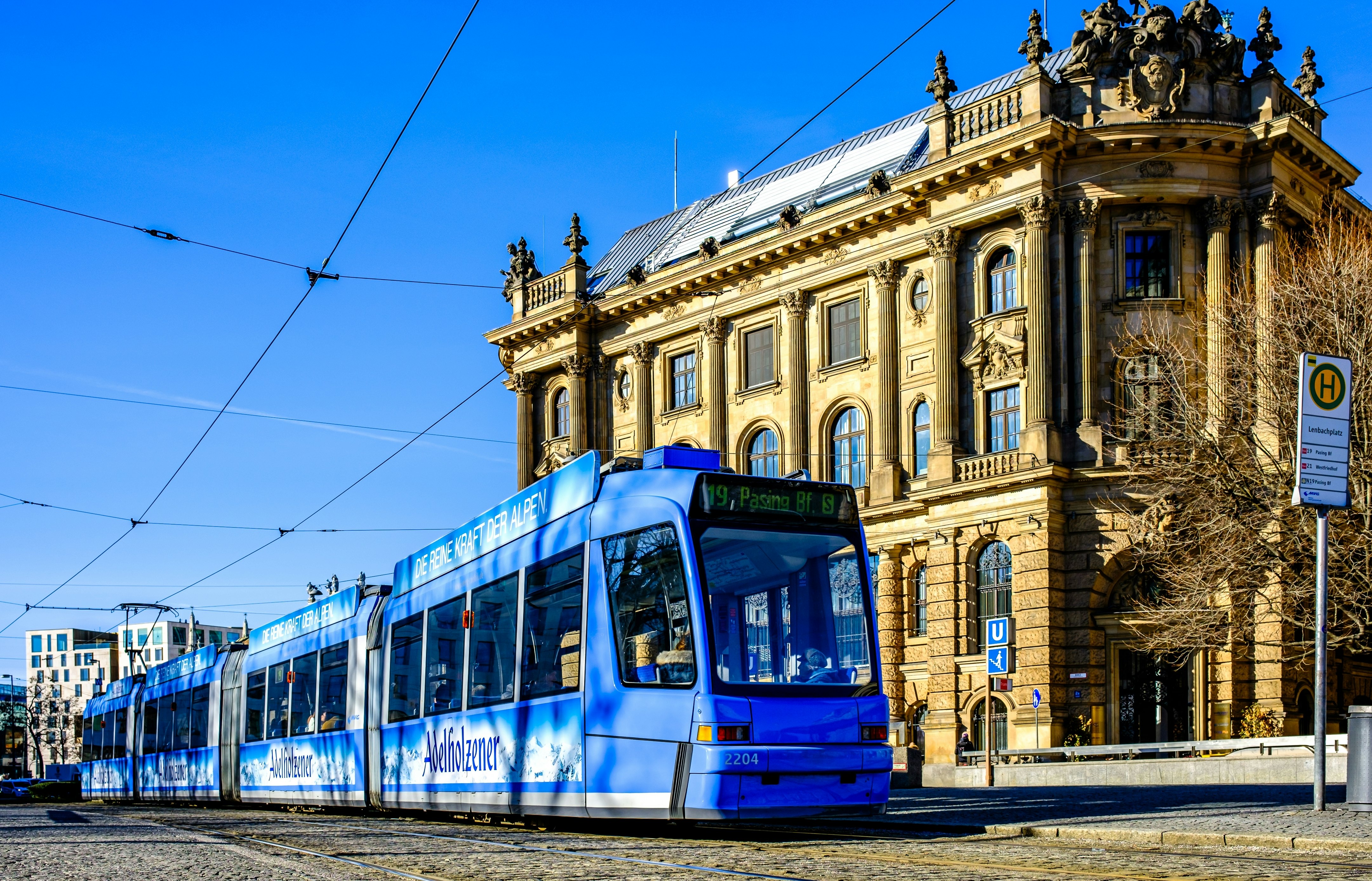
4. Be diligent about buying tickets on public transport
Rather than employing turnstyles at stations, Munich’s public transport system relies on regular and stringent spot-checks. These are often carried out by groups of plain-clothed staff – and riding without a ticket on buses, trams and trains can result in hefty, non-negotiable fines. You can find full details of the fine regime on the Münchner Verkehrs- und Tarifverbund (MVV) website.
When traveling, you should buy a ticket at the earliest opportunity, either at the station, or if that’s not possible, from an onboard machine as soon as you board. Sometimes you’ll still need to validate (entwerten) your ticket after you purchase it. Look out for the little blue boxes in stations or on public transport that you can use to stamp your ticket.
5. Respect the green man
It’s not unusual to see people waiting patiently at pedestrian crossings in Munich, even in the absence of traffic. Jaywalking is illegal in Germany and can result in a (small) fine – yet this law might as well not exist considering the local respect for the rules. Those who dare to cross when the light is still red should reckon with judgmental glares, indiscreet muttering or perhaps some stern words from others patiently waiting at the side of the road – particularly when children are around.
Safety in Munich

1. Ding ding! Watch out for speedy cyclists
Munich has an excellent, well-used network of bike lanes (you can download maps online), which are located either on the side of the road or on part of the sidewalk. In the latter case, it is quite easy to wander accidentally into the space allocated for bikes. This is highly inadvisable.
Many cyclists, especially those on e-bikes, travel at high speeds and may not be able to stop in time. Family bikes with box trailers for children, in particular, have quite some weight behind them. Luckily, by law all bikes are required to have bells – and riders aren’t afraid to use them. Bottom line: if you hear a ding, move out of the way – and fast.
2. Yes, you can drink the water here
The beer in Munich is excellent, yes – and so is the tap water. Indeed, it pays to rehydrate if you’ve had a long evening of rounds of Bavarian beer. The tap water in Munich is fine to drink, and even helps you stay refreshed during the day, too.
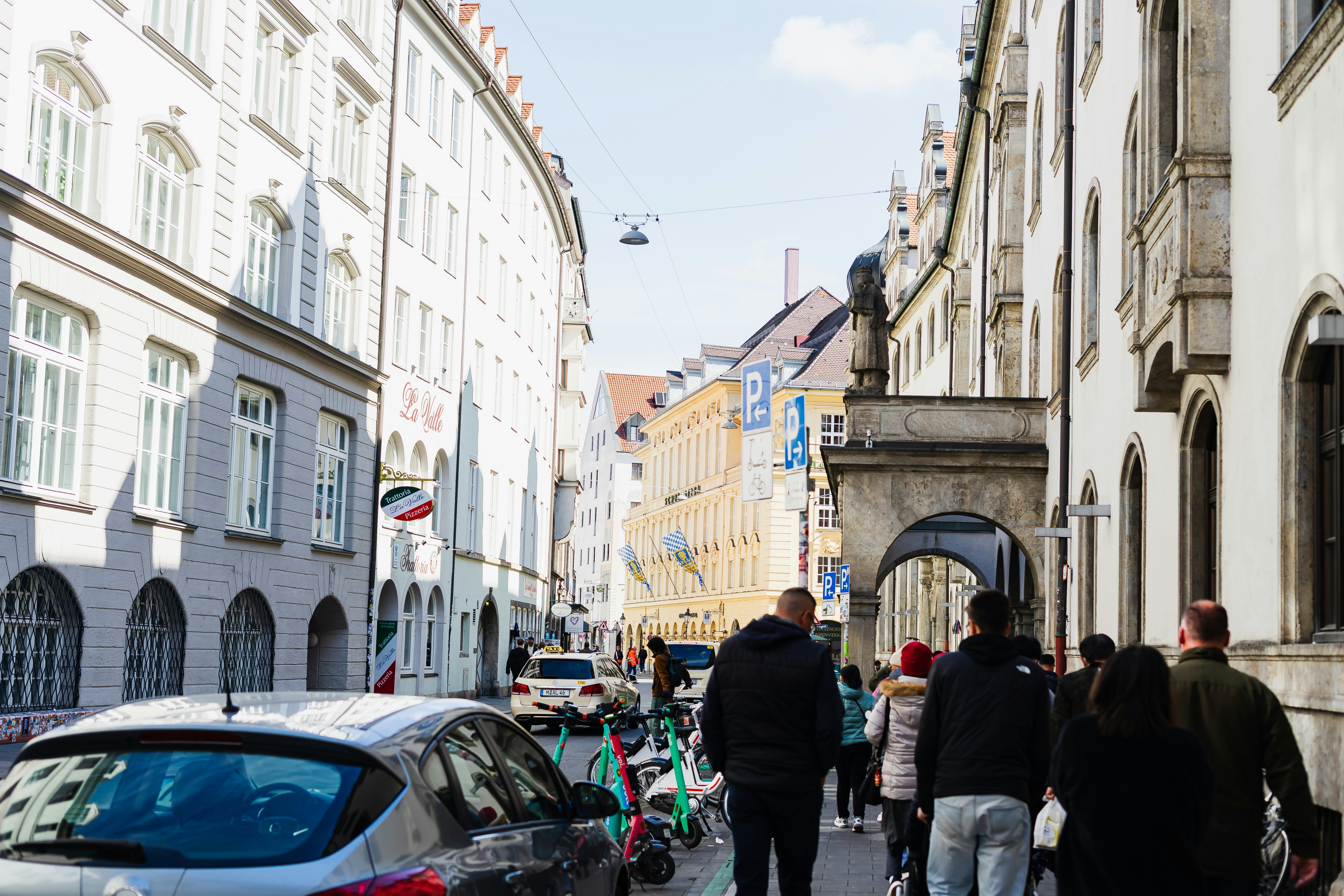
3. Munich is generally safe – though as always you should stay streetwise
Munich has a reputation as a safe place to travel, and few visitors encounter any serious safety issues. Indeed, in some neighborhoods, it’s not uncommon to spot bikes left unlocked, or see notes pinned to lampposts optimistically inquiring about the whereabouts of missing phones or precious jewelry.
Even so, Munich is still a major city, which means you should stay aware of your bag and pockets in busy areas and transport hubs. Take care at night, and avoid poorly lit spaces or parks if you are alone.
4. What to do if you leave something on the tram
If you leave something on public transport, you have a couple of ways to try and locate your belongings. In the west of Munich, you can swing by the Munich Transport Company (MVG) lost-and-found center (Fundbüro), where many lost items end up. Alternatively, you can try locating your items before you come via the agency’s online search function.
5. Take note of these numbers, just in case
If you get into serious trouble in Munich, dial 110 for the police or 112 for all emergency services. The police are generally friendly and helpful, and often speak English.






